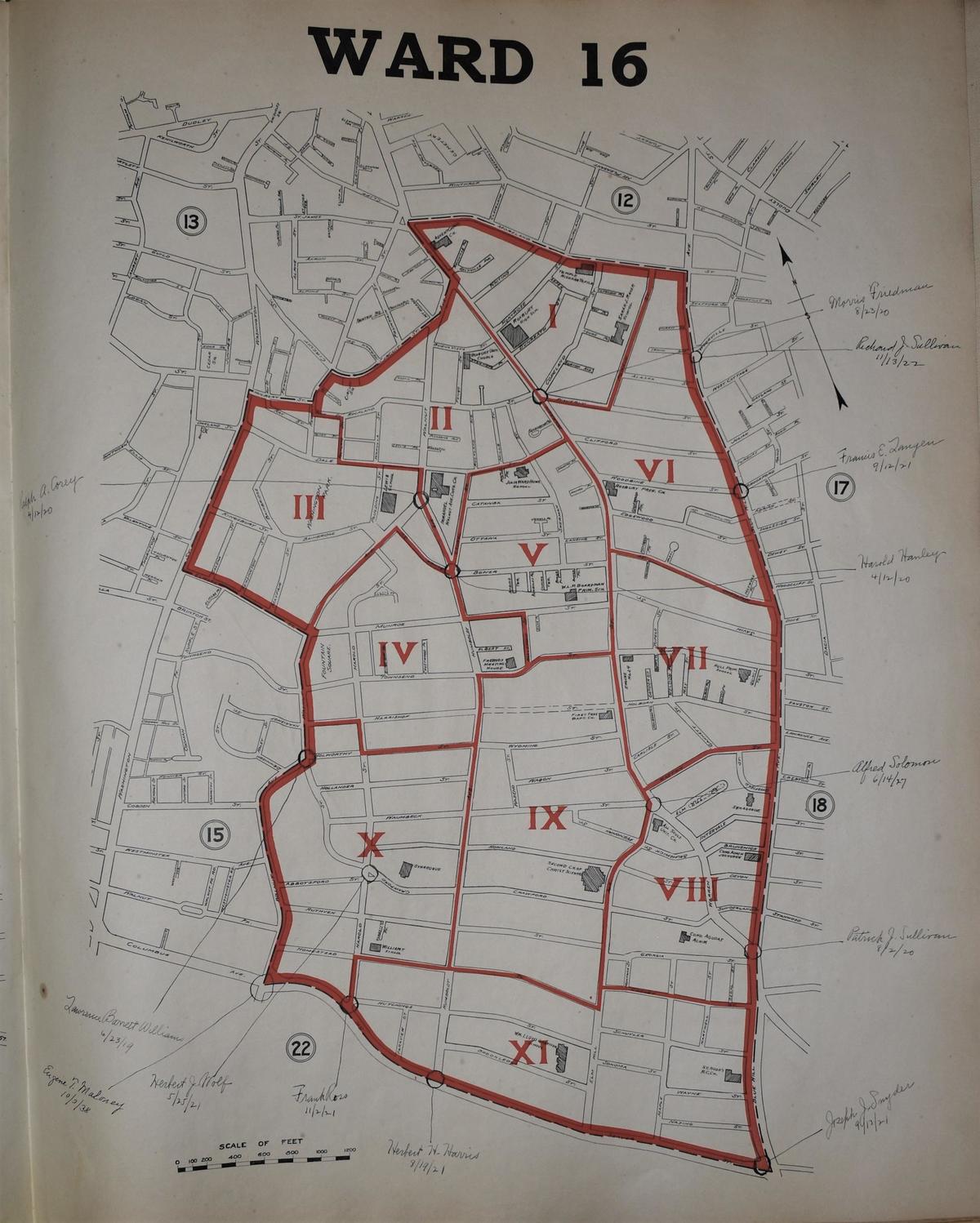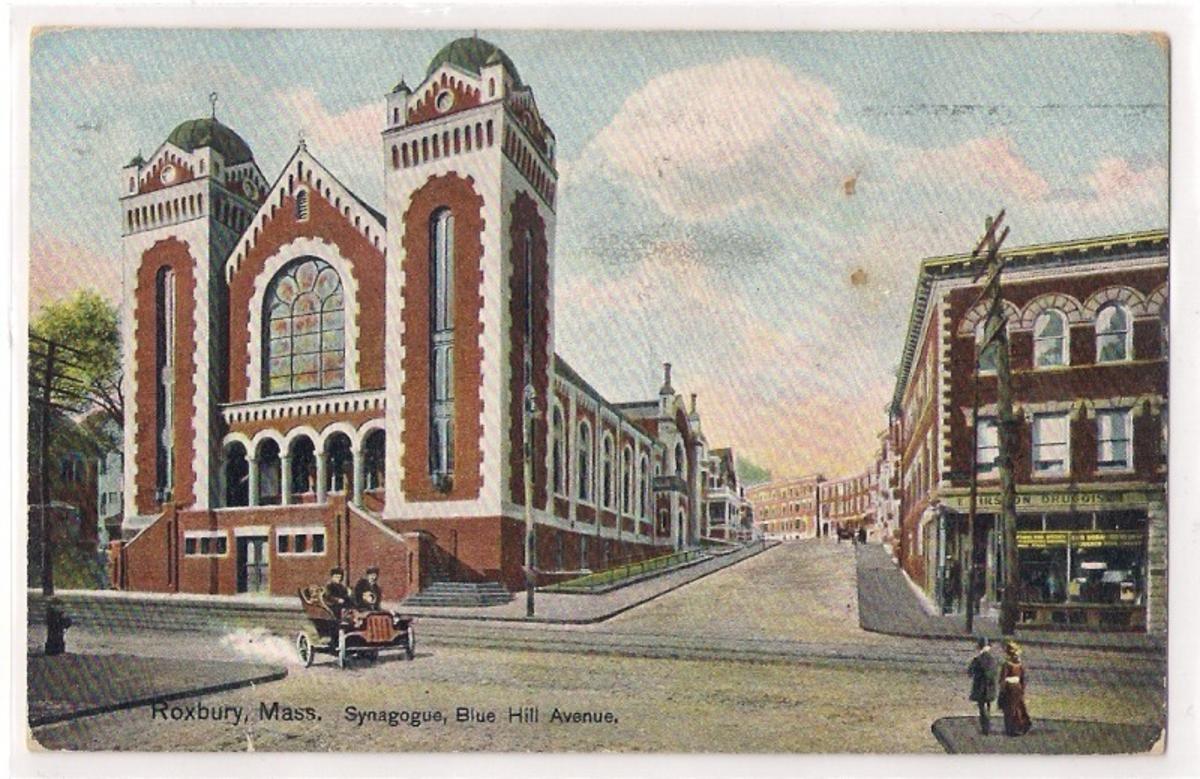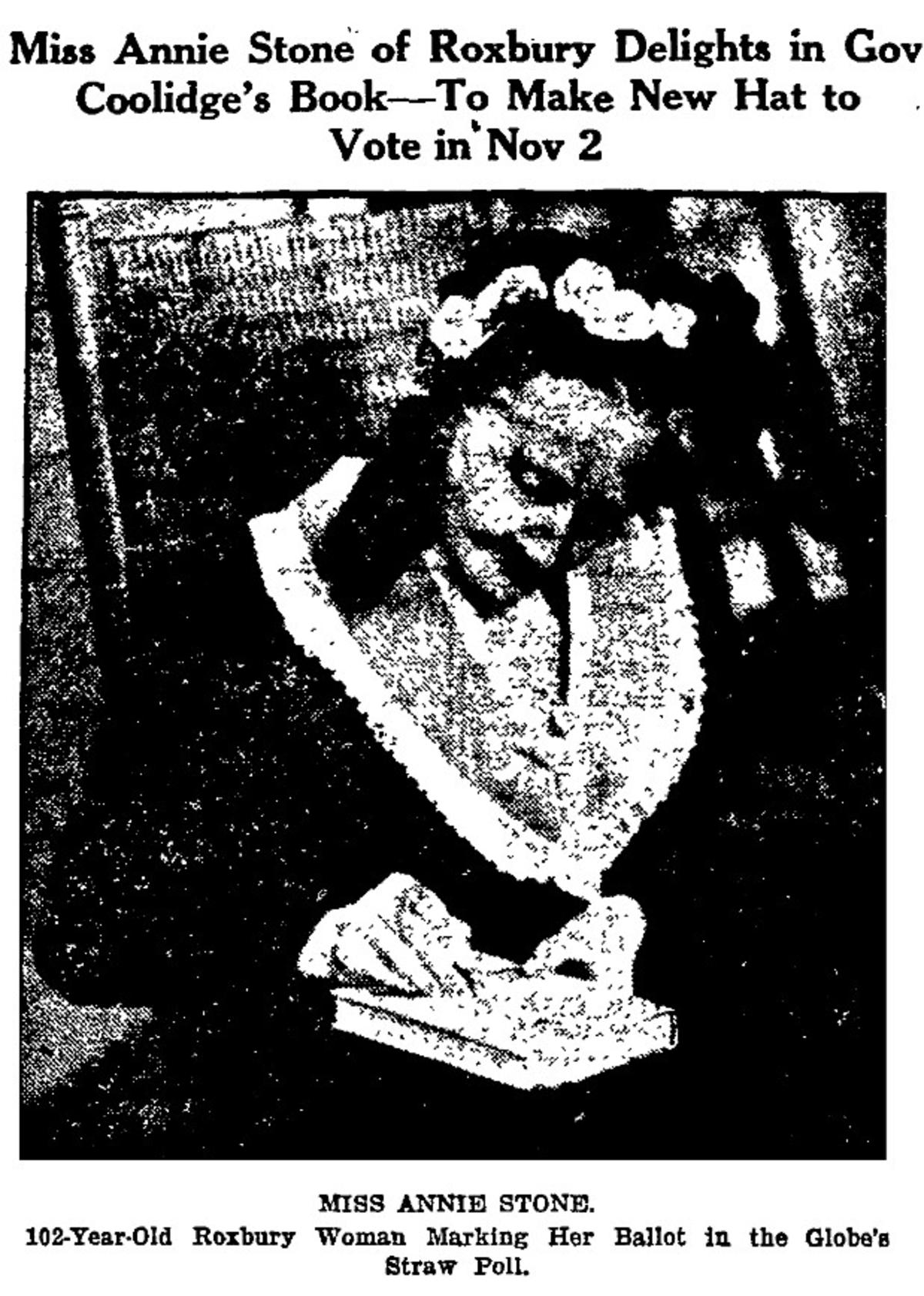The Mary Eliza Project: Ward 16 Voter Records Now Available
In Boston's Ward 16, over 2200 women registered to vote in 1920. We’ve finished transcribing our Ward 5 Women’s Voter Registers and the data is now available at Analyze Boston.
In 1920, after the passage of the 19th Amendment, over 50,000 Boston women registered to vote. The 1920 Women's Voter Registers now live at the Boston City Archives and document women's names, addresses, places of birth and occupations. Sometimes women provided additional information about their naturalization process to become a US citizen, including where their husbands were born because in 1920, a woman's citizenship status was tied to her husband's nationality.
The Mary Eliza Project, named after African American nurse, civil rights activist, and Boston voter Mary Eliza Mahoney, is transcribing these valuable handwritten records into an easily searchable and sortable dataset. We've recently finished transcribing the Ward 16 registers and have added them into our dataset!
In 1920, Ward 16 covered a large part of Boston's Roxbury neighborhood, running from Blue Hill Avenue to Walnut and Washington Streets. The above map shows the ward boundaries.
Over 200 of Ward 16's new voters gave the election clerks birthplaces located in present-day Eastern Europe. Their registrations point to the thriving Jewish community in Roxbury. many of whom would have worshipped at Ward 16's Congregation Adath Jeshurin, located on Blue Hill Avenue. This newly built synagogue and its plethora of religious, cultural and community activities attracted new Jewish families and individuals to the neighborhood.
Ward 16 was also home to the woman we believe to be Boston's oldest woman voter, Annie Stone. Annie registered to vote at the age of 102! Annie Stone was born in Bangor, Maine. In 1920, she lived at the Mt. Pleasant Home on Elm Hill Avenue. She registered to vote on August 19, 1920, only two days after the Nineteenth Amendment was ratified. In October, the Boston Globe sent a reporter to the Mt. Pleasant Home to ask her about her plans for voting in her first federal election. Annie seems to have been a politically interested and engaged individual; the Globe reporter wrote that she had the political news read to her every morning since her eyesight was failing. Annie planned to enthusiastically cast her ballot for Calvin Coolidge, having just finished a recent book of his speeches and addresses, and reported that she was making a new hat specifically for the occasion.
Annie Stone's story is only one of many in this new addition to our dataset. Dive into the dataset and let us know what you find!




